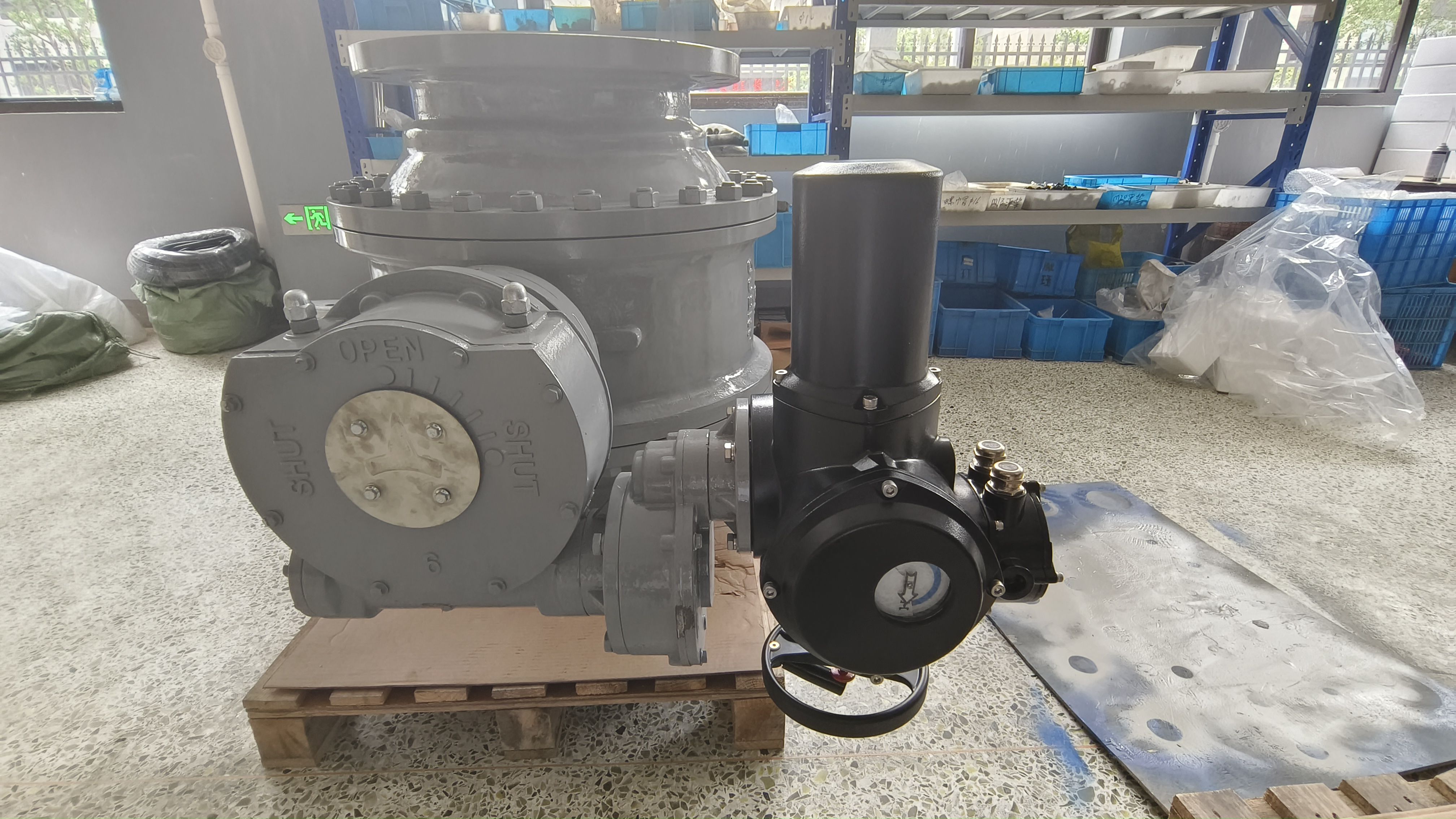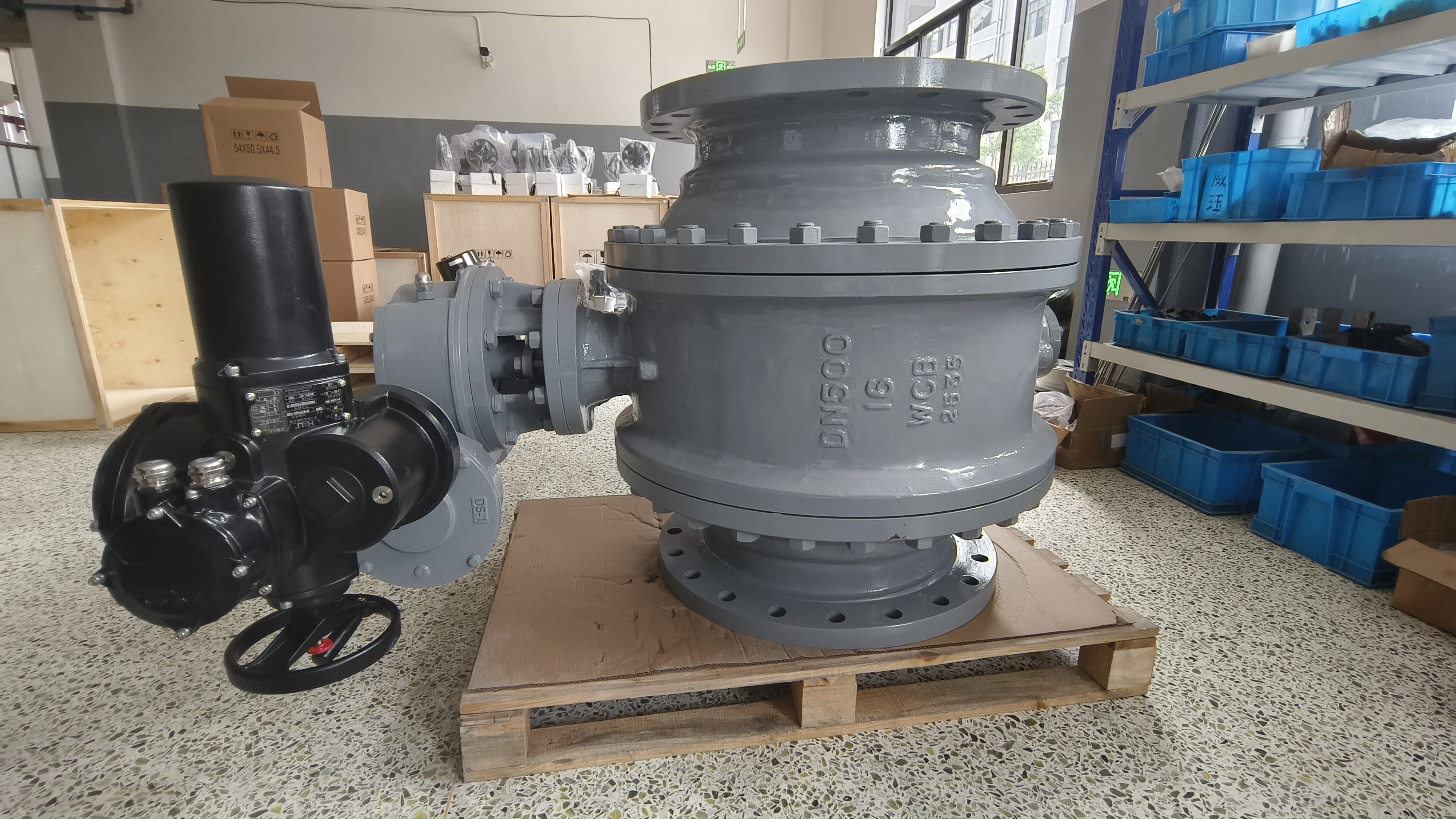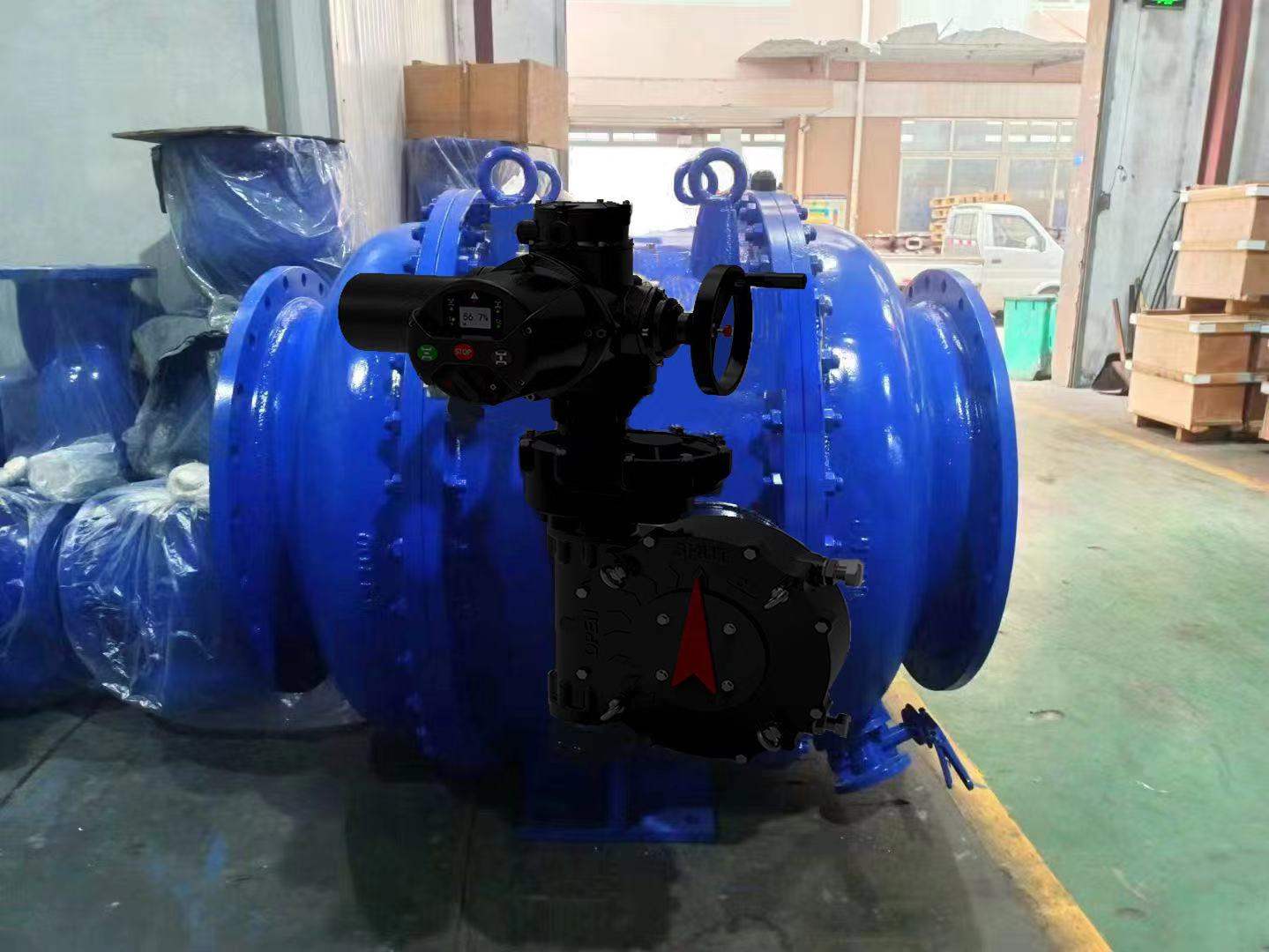

The advantages of lithium batteries in military applications are manifold. They allow for longer operational ranges and quicker response times, which are crucial in modern combat scenarios. For instance, unmanned aerial vehicles (UAVs) powered by lithium batteries can operate silently and effectively over extended periods, gathering intelligence and striking targets with precision. This capability not only enhances the tactical edge but also reduces the risk to human life.
Moreover, themobility provided by electric power is reshaping ground warfare. Electric armored vehicles are quieter, more maneuverable, and can be deployed in diverse environments without the logistical burden of fuel supply chains. As nations invest heavily in electric military technology, the potential for a new arms race looms, with lithium batteries as the cornerstone of this competition.

In an era defined by rapid technological advancement, the concept of the "Electric Warlord" emerges as a powerful metaphor for the influence of lithium battery technology in modern warfare. The term embodies not just the military's adaptation of electric power but also the broader implications of energy resource management and technological supremacy in conflict scenarios. As nations compete for energy dominance, lithium batteries have become a pivotal element in this new arena of warfare.
Lithium batteries, known for their high energy density and efficiency, are at the forefront of this revolution. They power everything from drones and electric vehicles to advanced weaponry, changing the landscape of military operations. This shift towards electrification is not merely a trend; it signifies a fundamental transformation in how wars are fought. Traditional fossil fuel dependency is gradually being replaced by renewable energy sources and battery technology, leading to a new kind of electric warfare.